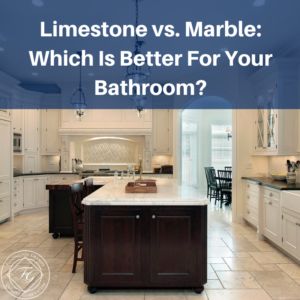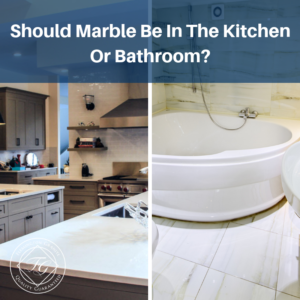
One of the first decisions you should make when you are planning to renovate your bathroom is what type of flooring you should choose. No matter the time of the year, a bathroom remodeling project can help to transform your home as one of the most-used rooms in the house.
Choosing the right flooring requires that you plan ahead. While there are multiple available flooring options, some work much better for bathrooms than do others. Here are some tips you should keep in mind when you are trying to decide which flooring to install in your bathroom.
Avoid solid wood flooring or carpet
There are some obvious flooring choices to avoid in your bathroom, among the carpet and solid wood. Bathrooms by their nature have a lot of moisture. Carpet soaks moisture up, leading to potential problems with mold and other issues. Likewise, tongue-and-groove or parquet wood flooring can easily become damaged and warp when they are exposed to moisture and water. Both should thus be avoided.
If you love the look of wood, think instead about engineered wood varieties over laminate flooring. Engineered wood flooring has better water resistance because of its sturdier plywood base. You should still not use this if there is a lot of water exposure, however, but if you really want the look of wood, it’s better than the other options.
One budget-conscious choice is sheet vinyl or vinyl tile flooring. One thing to consider is that vinyl tile squares will have seams through which water will be able to penetrate, potentially causing damage. Sheet vinyl has a minimal number of seams and will be better over the long term if you are thinking about vinyl flooring as your option.
Think about tile
Tile is the classic choice for bathrooms. You can choose from a variety of options, including ceramic and a number of different natural stone materials. If you choose natural stone tiles such as travertine, marble or granite, you’ll want to make certain they are professionally sealed as they are porous. Sealing helps to improve their water resistance.
People who want the feel and look of natural stone but who are budget conscious may want to consider porcelain tile as an option. Porcelain is water-resistant and prevents moisture from penetrating.
Make sure to choose grout lines that are tight
High-moisture areas like bathroom features such as your shower or the area surrounding your tub work best when you use grout lines that are tight. Even sealed grout will eventually start letting moisture seep in, undermining the ability of the mortar to hold to the underlying concrete board. In addition to tight grout lines, choosing a grout that has additives that work to improve the grout’s ability to resist moisture penetration is smart.
People who love the look of wood but who don’t want to risk the potential water damage may also want to find out about designs that provide the look of wood flooring without the issues that come with it. There are certain tile designs that can be used to accomplish this.
It is important for you to make certain you think about both your budget as well as the design, look and functionality of your bathroom flooring. For your own project, you’ll want to speak with professional designers to learn more about the best type of flooring you should consider. Give our professional team a call today to learn more about what will work best for your bathroom.






